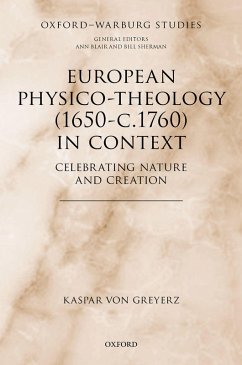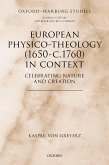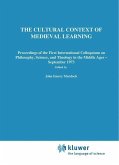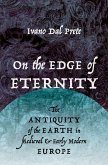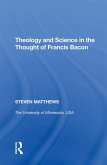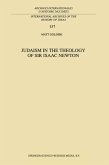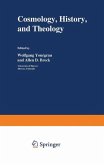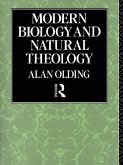Physico-theology celebrated the observation of nature as a way toward the recognition of God as Creator and to demonstrate the compatibility of the biblical record with the new science. It was a crucial, albeit often underestimated element in the intellectual as well as socio-cultural establishment of the new science in western and central Europe beginning in the mid-seventeenth century. The importance of physico-theology in enhancing the acceptance of the new science among a broad educated public cannot be underestimated. Unfortunately, this insight has not yet received much attention in the history of early modern science, chiefly because the history of physico-theology tends to highlight the activities of virtuosi rather than well-known scientists. A contribution to the history of knowledge, this is the first monograph in English on physico-theology on the European scale. It concentrates on two genres, the argument from design, and the palaeontological argument regarding the role of the Deluge in the formation of fossils. It does so without neglecting practice (correspondence and collecting). It pays considerable attention to the historical context, above all to the new image of God as a wise, benevolent, rather than unpredictable being, which provided the practitioners of physico-theology (including clergy, physicians, lawyers, and philologists) with a new and powerful argument. It draws attention to the predominantly Protestant nature of the phenomenon and looks at the longevity of the argument from design in Britain and the Netherlands, where its demise came about as late as the first half of the nineteenth century.
Dieser Download kann aus rechtlichen Gründen nur mit Rechnungsadresse in A, B, BG, CY, CZ, D, DK, EW, E, FIN, F, GR, HR, H, IRL, I, LT, L, LR, M, NL, PL, P, R, S, SLO, SK ausgeliefert werden.

